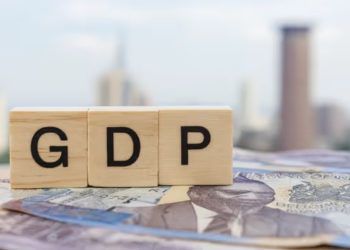In today’s fast-paced business and economy landscape, managing finances wisely is more critical than ever. With global markets fluctuating and inflation impacting everyday expenses, both businesses and individuals need to adopt proactive saving strategies to safeguard their financial stability. Smart saving not only cushions against economic uncertainties but also creates opportunities for growth and investment.
For businesses, effective financial management begins with monitoring cash flow and reducing unnecessary expenses. Implementing cost-saving measures, such as optimizing supply chains, renegotiating vendor contracts, and leveraging technology for automation, can significantly improve profitability. Furthermore, businesses that prioritize saving and build reserve funds are better equipped to handle unexpected challenges, such as market downturns or sudden operational costs. A culture of financial prudence within an organization can enhance long-term resilience and foster investor confidence.
Individuals, too, must adapt to economic changes by adopting disciplined saving habits. Simple practices, like budgeting, setting aside a fixed portion of income, and minimizing high-interest debt, can accumulate substantial financial security over time. Investment in diversified portfolios, retirement accounts, or emergency funds ensures that personal finances remain stable even during economic turbulence. The key is consistency and strategic planning—small, regular contributions can compound into significant savings over the years.
The connection between business performance and the broader economy highlights why saving is essential for both entities. Economic growth may open new opportunities, but market volatility can introduce risks. Businesses and individuals that proactively save create a buffer against these uncertainties while positioning themselves to capitalize on new prospects. By integrating smart saving practices into daily operations and personal routines, one can navigate economic challenges more effectively and achieve sustainable financial growth.
Ultimately, whether you are a business owner or an individual, prioritizing saving within the context of the current business and economy ensures long-term stability. Understanding the economic environment, making informed financial decisions, and maintaining a disciplined saving strategy can transform potential risks into opportunities for growth and success.

















